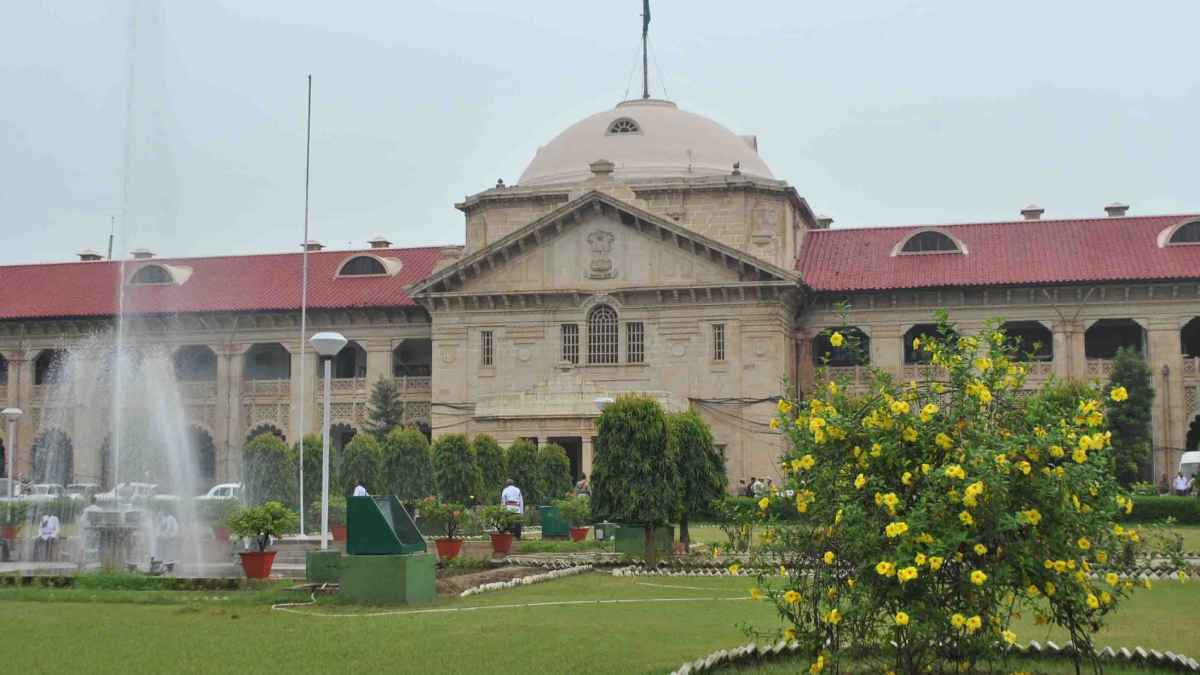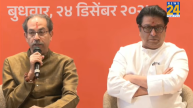As the opposition tried to move an impeachment motion against Allahabad High Court judge Justice Shekhar Kumar Yadav, the question being asked is: how a High Court can be removed from his office and what is the procedure for it?
There was too much commotion on the issue in Rajya Sabha on Thursday after House Chairman Jagdeep Dhankhar rejected a notice for impeachment moved by Congress MP Renuka Chowdhury asking for a discussion on “alleged derogatory and divisive statements” made by Justice Yadav.
Why Did Jagdeep Dhankhar Reject Notice?
While dismissing the notice, Dhankhar said that the matter can be discussed only on a substantive motion and the notice is in “transgression of the rules.”
He added, “When it is not on duty, I am referring to another rule, a rule made by this House…the rule says…that a member while speaking shall not…reflect upon the conduct of persons in high authority unless the discussion is based on a substantive motion drawn in proper form.”
Similarly, Lok Sabha Om Birla too rejected several notices, given by Opposition MPs under Rule 267 which allows members to move for the suspension of rules to discuss urgent matters.
Curious Case Of Justice Shekhar Yadav
Delivering a lecture on the Constitutional Necessity of a Uniform Civil Code at an event organised by the Vishva Hindu Parishad (VHP) in Prayagraj, Justice Yadav said that the country would function as per the wishes of the majority.
He said further that only what benefits the welfare and happiness of the majority will be accepted.
How Can Judge Be Removed?
According to Articles 124 and 218 of the Indian Constitution, a judge will not be removed from his office except by an order of the President.
Article 124(4) says that the judge can be removed by a Presidential Order passed after a majority vote in both houses of the Parliament. The vote should come from two-thirds of the members present and voting.
Also Read: Will CJI Crack Whip On Justice Shekhar Yadav Of Allahabad High Court? Has He Crossed Red Line?
Article 218 says that a judge of the Supreme Court or a High Court can be impeached on the grounds of “proved misbehaviour” and “incapacity” as per the Constitution of the country.
The Judge (Inquiry) Act 1968 further explains the grounds for impeachment and makes it clear that it may be a misuse of office, a grave offense that deeply undermines the judge’s integrity.
Another ground for moving the impeachment motion is contravention of the provisions of the Constitution.
According to the Judge (Inquiry) Act 1968, the impeachment motion must be signed by at least 100 MPs in Lok Sabha and 50 members in Rajya Sabha.
Once the Lok Sabha Speaker or the Rajya Sabha Chairman accepts the motion, he would constitute a three-member committee.
Probe Committee
The committee should be headed by the Chief Justice of India or a Supreme Court Judge, the second member should be a Chief Justice of a High Court and the third member may be a distinguished jurist appointed by the Speaker or the Chairman.
It says further that the Constitution would probe the issue, cross-examine the witnesses and regulate the procedure. The committee may also order a medical examination if the charges in related to mental incapacity.
Earlier Instances Of Impeachment Motions
Justice CV Ramanna of Andhra Pradesh and Telangana High Court faced impeachment for “financial misconduct” and”victimisation of Dalits” in 2017, but the motion was not pursued.
Also Read: No-Confidence Motion Against Jagdeep Dhankhar: Strategic Move Or Political Showdown?
Justice JB Pardiwala of Gujarat High Court faced impeachment for a controversial comment on reservation in 2015. However, the motion was dropped after he expunged his remarks.
Justice S K Gangele of Madras High Court faced impeachment on charges of “sexual harassment” in 2015, however, he was given a clean chit after the probe.
Justice Soumitra Sen of Calcutta High Court was impeached for corruption in 2011, but he resigned before the Lok Sabha could take up the matter.
Justice V Ramaswamy of the Supreme Court faced impeachment in 1993, he was found guilty of “financial impropriety”, however, the motion was defeated.
What will the opposition bloc of INDIA do after Jagdeep Dhakhar declined to accept the notice for impeachment of Allahabad High Court Judge Justice Shekhar Kumar Yadav?













